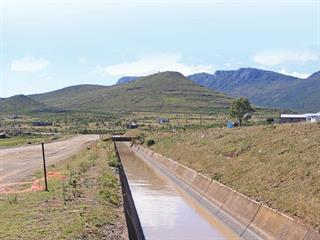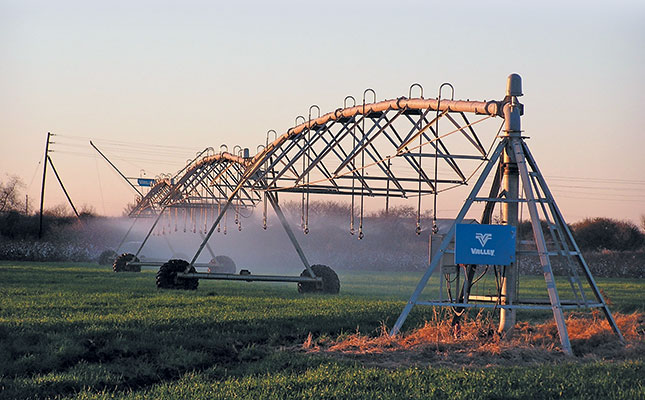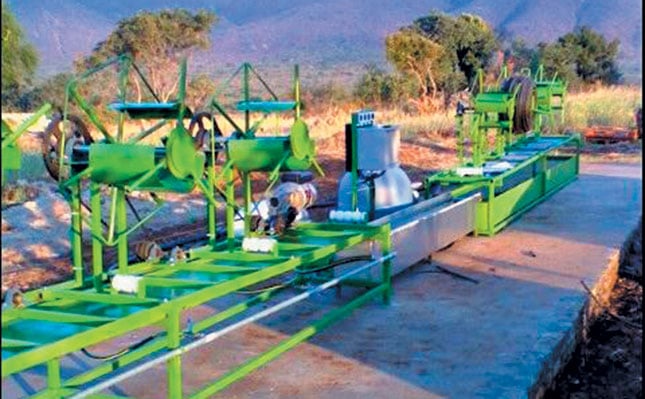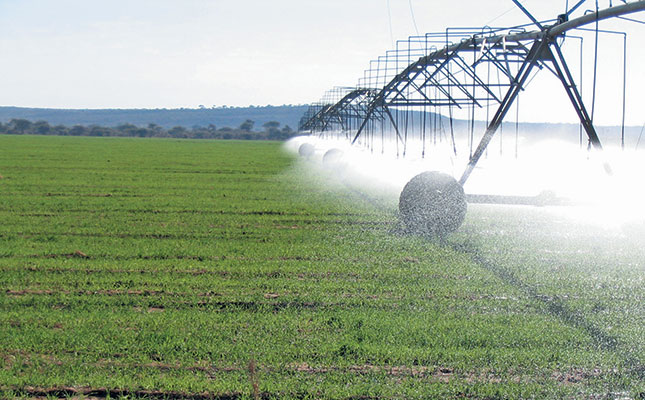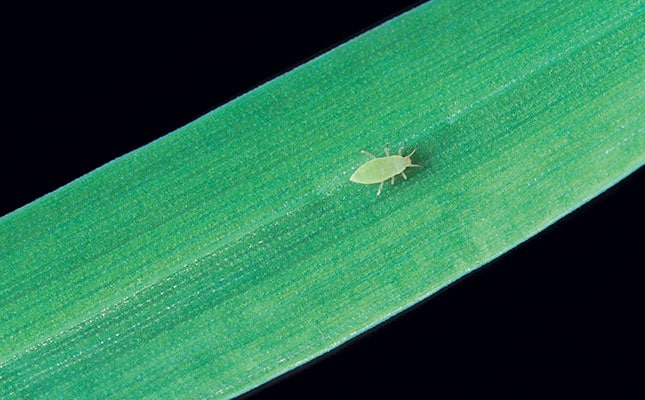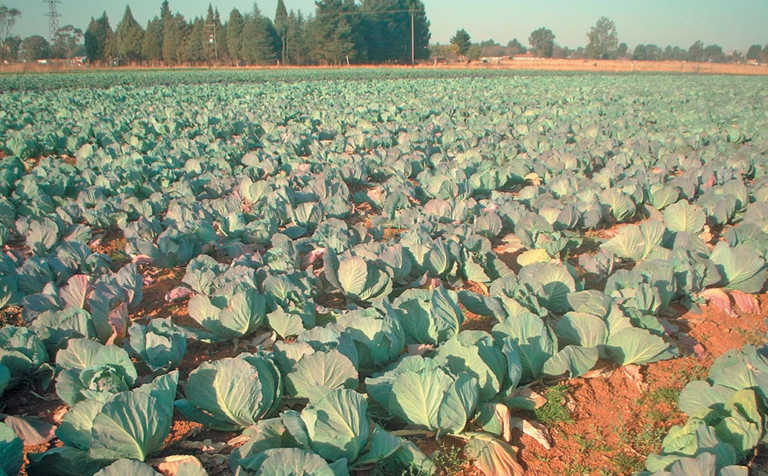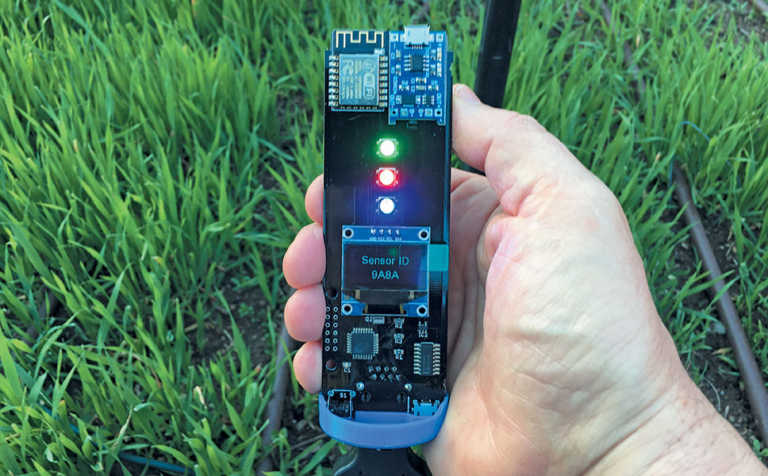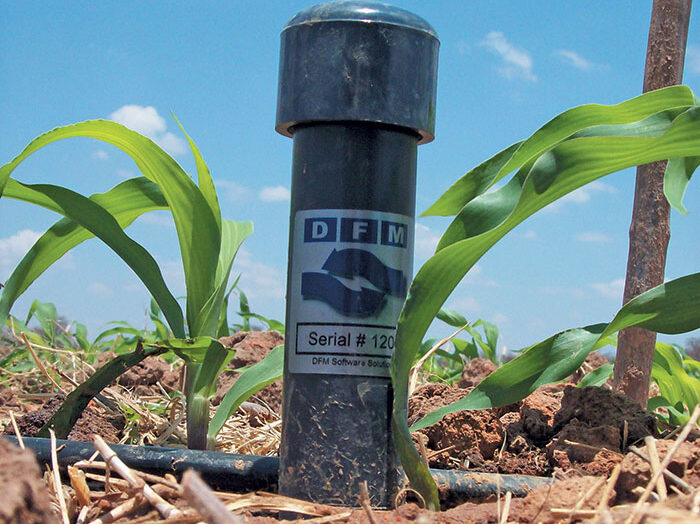Qamata irrigation scheme: still waiting, still hungry
In 2007, Farmer’s Weekly published ‘Qamata: How deep is the rot?’, a 14-page exposé by Stephan Hofstatter on the state of the Qamata irrigation system. Forming the basis of the feature were documents leaked to Farmer’s Weekly that spoke of the “mysterious disappearance of funds and assets, officials indifferent to, or conniving in, financial mismanagement, protracted and […]


